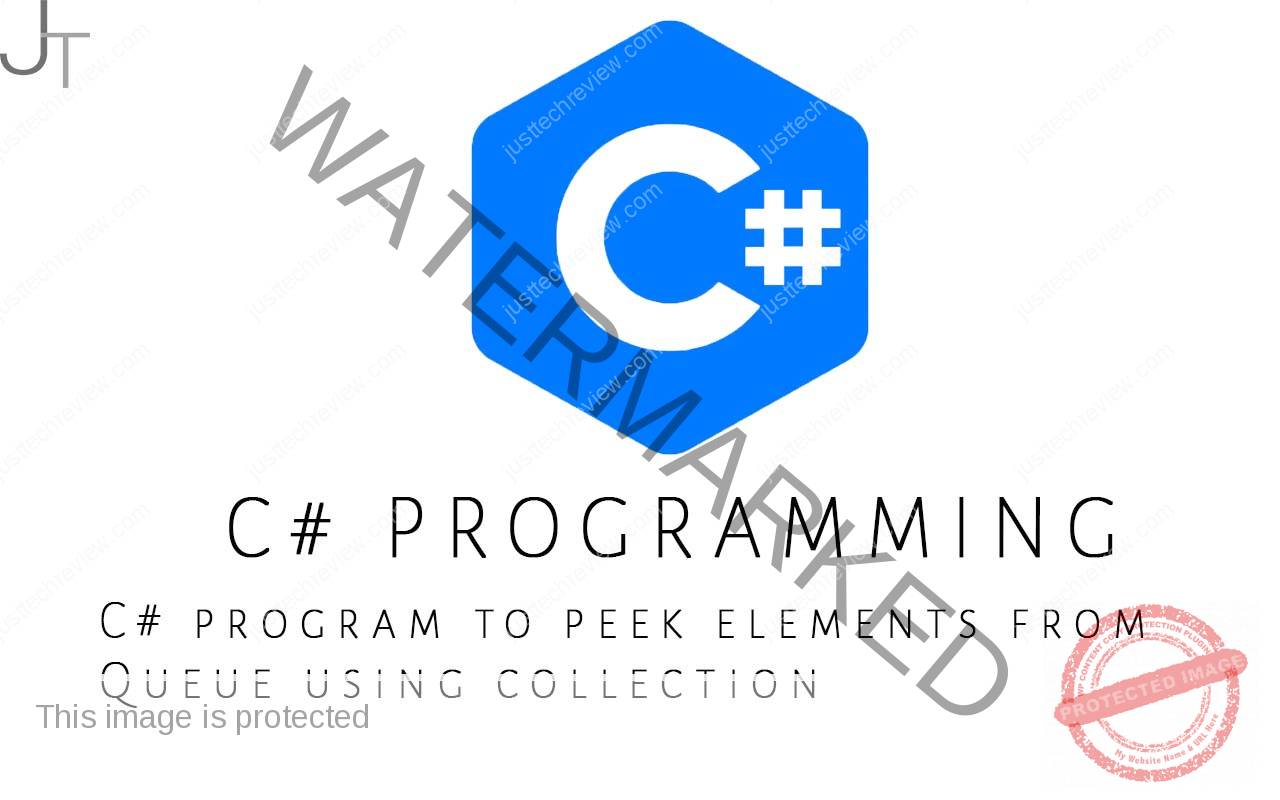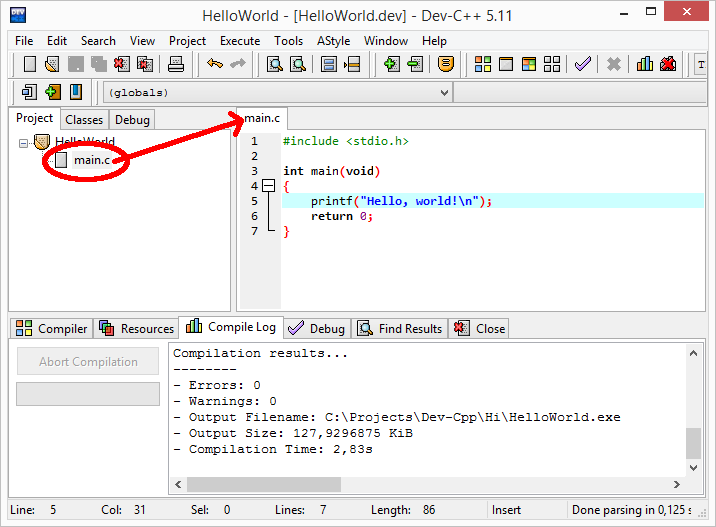
Istream::operator>: 스트림에서 서식화 된 데이터를 가져온다. PEEK can withstand a continuous working temperature of 250C and has an excellent long-term chemical resistance. 실행 예제Ĭout ) typedef traits :: int_type int_type Wood, Nylon, PC, PETG, HIPS, PP, Flexible, TPU, PVA, PEEK, etc. 위와 같은 플래그들이 ios::exceptions함수들로 설정되었다면, ios_base::failure 가 throw 된다. The left extruder equipped with 260C hotend, It is able to print with PLA, ABS, PC. To solve this problem, C provides feof () which returns non-zero value only if end of file has reached, otherwise it returns 0. So, only comparing the value returned by getc () with EOF is not sufficient to check for actual end of file. While (inputFile.아직 C++ 에 친숙하지 않다면 씹어먹는 C++ 은 어때요? istream::peek int peek () In C/C++, getc () returns EOF when end of file is reached. Std::ifstream inputFile("example.bin", std::ios::binary) Here's an example of using the open() function: #include You can use the is_open() function for this purpose. If the current file offset is at or past the end of file, no bytes are read, and. On files that support seeking, the read operation commences at the current file offset, and the file offset is incremented by the number of bytes read. When opening a file, it's important to check if the file was successfully opened before attempting to read from it. read () attempts to read up to count bytes from file descriptor fd into the buffer starting at buf. The function takes a single argument, which is the file's name or path.

The open() function is a member function of the ifstream class, used to open a file for reading. This makes it easy to perform input operations on files using similar syntax and methods as when working with standard input streams, like cin. The ifstream class is derived from the istream class, which is used for general input operations. It enables reading data from files in a convenient and efficient manner. In C++ ifstream stands for "input file stream" and is a class provided by the C++ Standard Library for handling file input operations. For more information, read our affiliate disclosure. If you click an affiliate link and subsequently make a purchase, we will earn a small commission at no additional cost to you (you pay nothing extra). Important disclosure: we're proud affiliates of some tools mentioned in this guide. So instead of worrying about the complexities of file I/O, you can sit back and relax knowing that ifstream has your back, making your programming experience more enjoyable and productive.

C file peek c code#
Plus, with its support for advanced techniques like custom stream buffers and multiple file handling, ifstream can help you optimize your file I/O code for maximum efficiency and performance. Whether you're working with simple text files or more complex binary files, ifstream has got you covered.


The PEEK command returned the byte value at a memory location. It also hints at some low-level language attributes, primarily with the PEEK and POKE commands. BASIC is easy to learn, sloppy and forgiving. With ifstream, you can open and close files with ease, read data from files using a variety of functions, and even navigate and manipulate file pointers to move around in the file. The Peek method returns an integer value in order to determine whether the end of the file, or another error has occurred. Back in the microcomputer days, hobbyists used the BASIC language to program their proto-PCs. The end result will be a peek & poke CGI binary. But then you discover ifstream, the class in C++ that makes file I/O a breeze! The C source from the previously installed binary peek & poke applications will be used as a starting point along with extra code to make CGI possible. Other types of stream buffer may either fail, be ignored, or overwrite the character at that position. You're worried about how complex and tedious it might be to handle all the different file formats and operations. In file buffers, the value is overwritten on the intermediate buffer (if supported): reading the character again will produce c, but the associated input sequence is not modified. Imagine you're a programmer working on a project that needs to read data from files.


 0 kommentar(er)
0 kommentar(er)
